To feed the growing population, researchers urge attention to essential vitamins and minerals
Reducing food waste is crucial to our ability to feed the growing human population but will not fully solve the problem alone, according to a new study based on a computational model.
Researchers calculate that the world already produces enough protein and energy to feed 9.7 billion people–the projected population as of 2050–if food waste were cut in half. However, projections indicate global food production will still fall short in terms of micronutrients that our bodies need to stay healthy, including calcium, iron, vitamin E and others.
«Reducing food waste would give us enough protein and food energy to feed the 2050 population today–but not enough of the essential vitamins and minerals we need,» said Nick Smith, PhD, a research officer at the Riddet Institute, the study’s lead author. «This suggests that food waste is an important issue to tackle, but won’t necessarily resolve all the world’s nutritional needs.»
Smith will present the research at NUTRITION 2021 LIVE ONLINE.
The study is based on the DELTA Model, a computational model that calculates the amount of food nutrients available to the global population under different assumptions about population size, agricultural productivity and food waste. Designed for use by researchers and the lay public alike, the model calculates the nutrients available under different scenarios after considering waste, animal feed uses and other non-food uses of agricultural productivity. One unique attribute of the DELTA Model is that it not only accounts for foods’ nutritional content but our body’s ability to utilize those nutrients.
«When thinking about food system sustainability, it’s important to consider all aspects of sustainability: environmental, economic, social, health and nutritional,» said Smith. «And nutrition doesn’t just mean enough energy–it has to be the right foods, the right balance of nutrition.»







Copyright © 2022 CTNC. Desarrollada por Mark Sonoma.